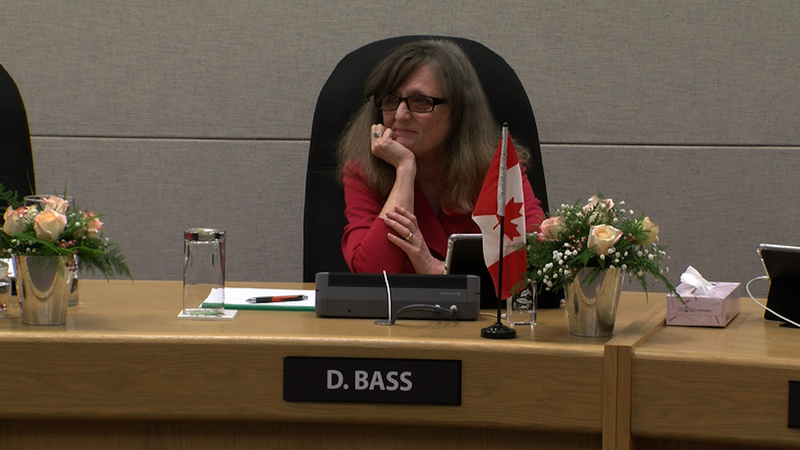
ROTHENBURGER: Apologizing isn’t easy, especially when you’re a politician
ONE OF THE TOUGHEST THINGS politicians have to do is apologize when they say something dumb.
One point of view is that you should never apologize. Another is that if you apologize, do it quickly.
At Tuesday’s City council meeting, a notice of motion will be discussed that proposes the City look into building a complex-care facility at the old Rayleigh Correctional Centre property — or some other appropriate location — for homeless people suffering from addictions and mental challenges.
Coun. Dale Bass says she’s supposed to stay objective until the motion comes forward but has already decided she’ll vote against it.


